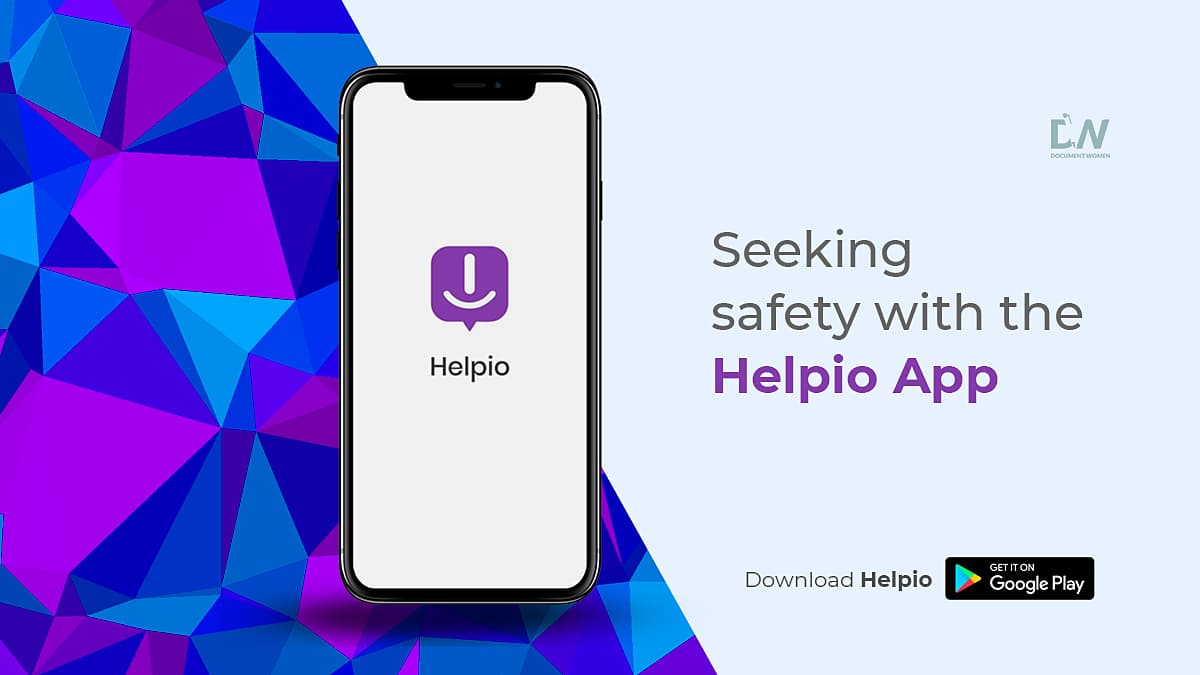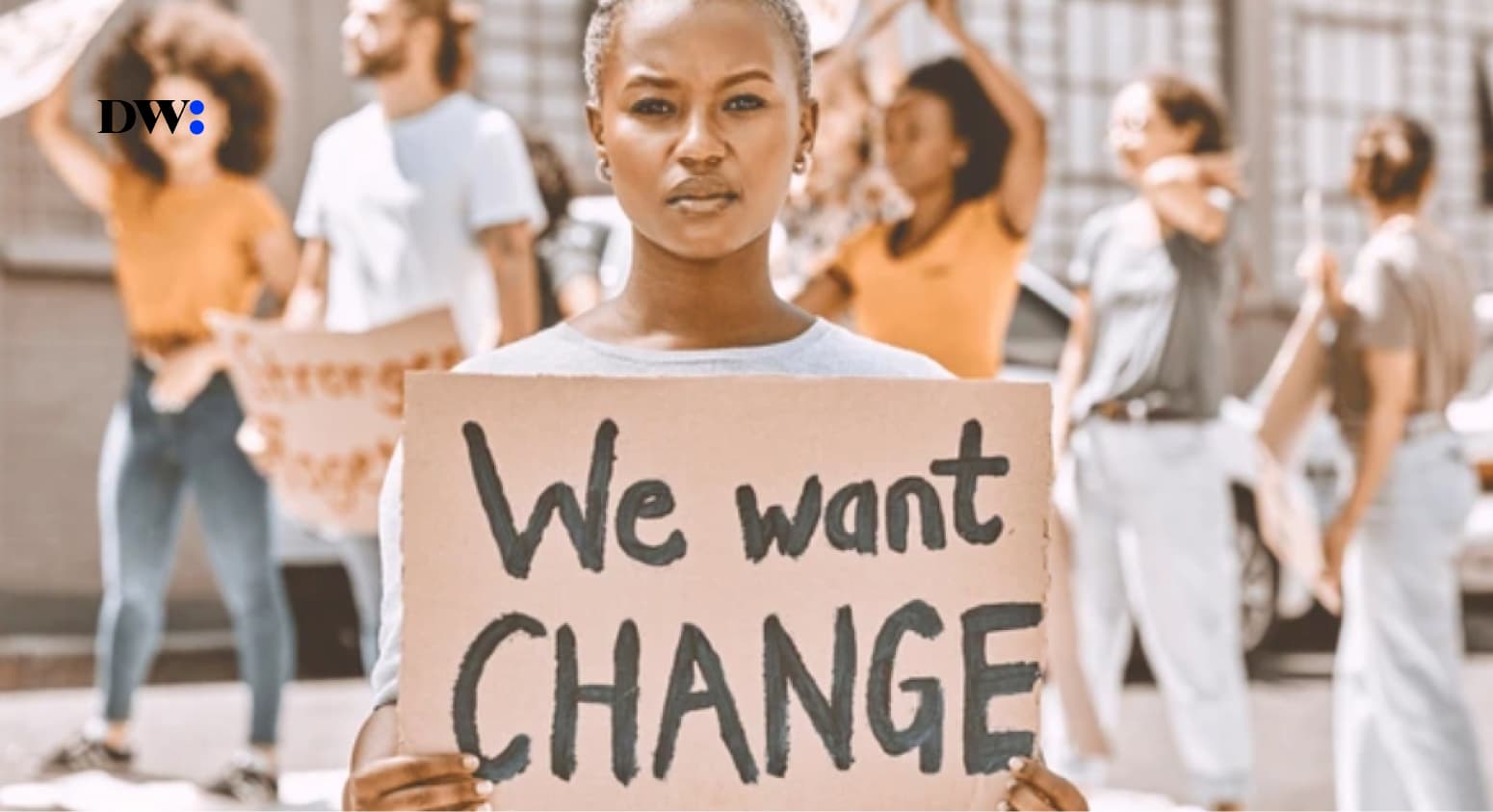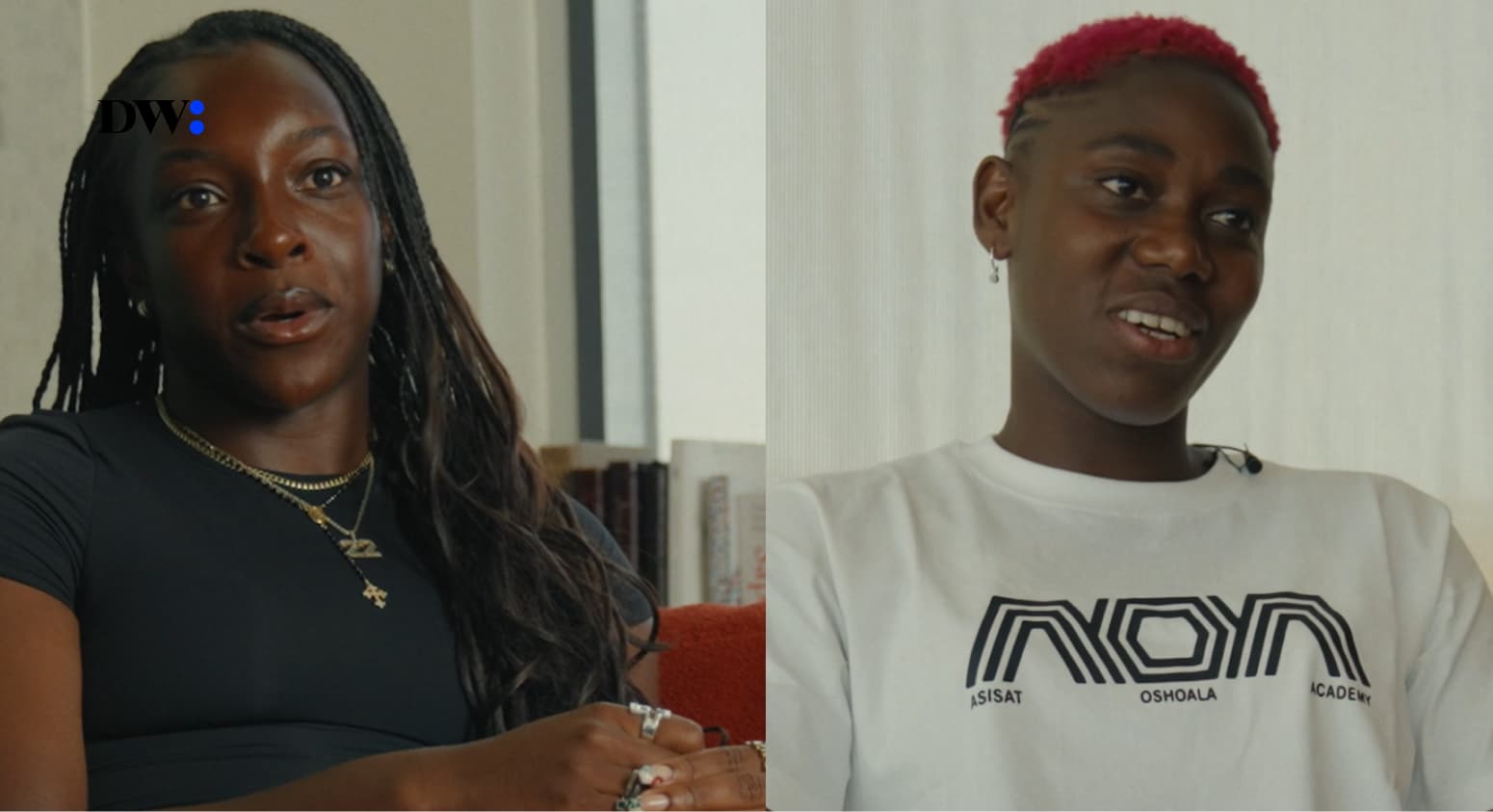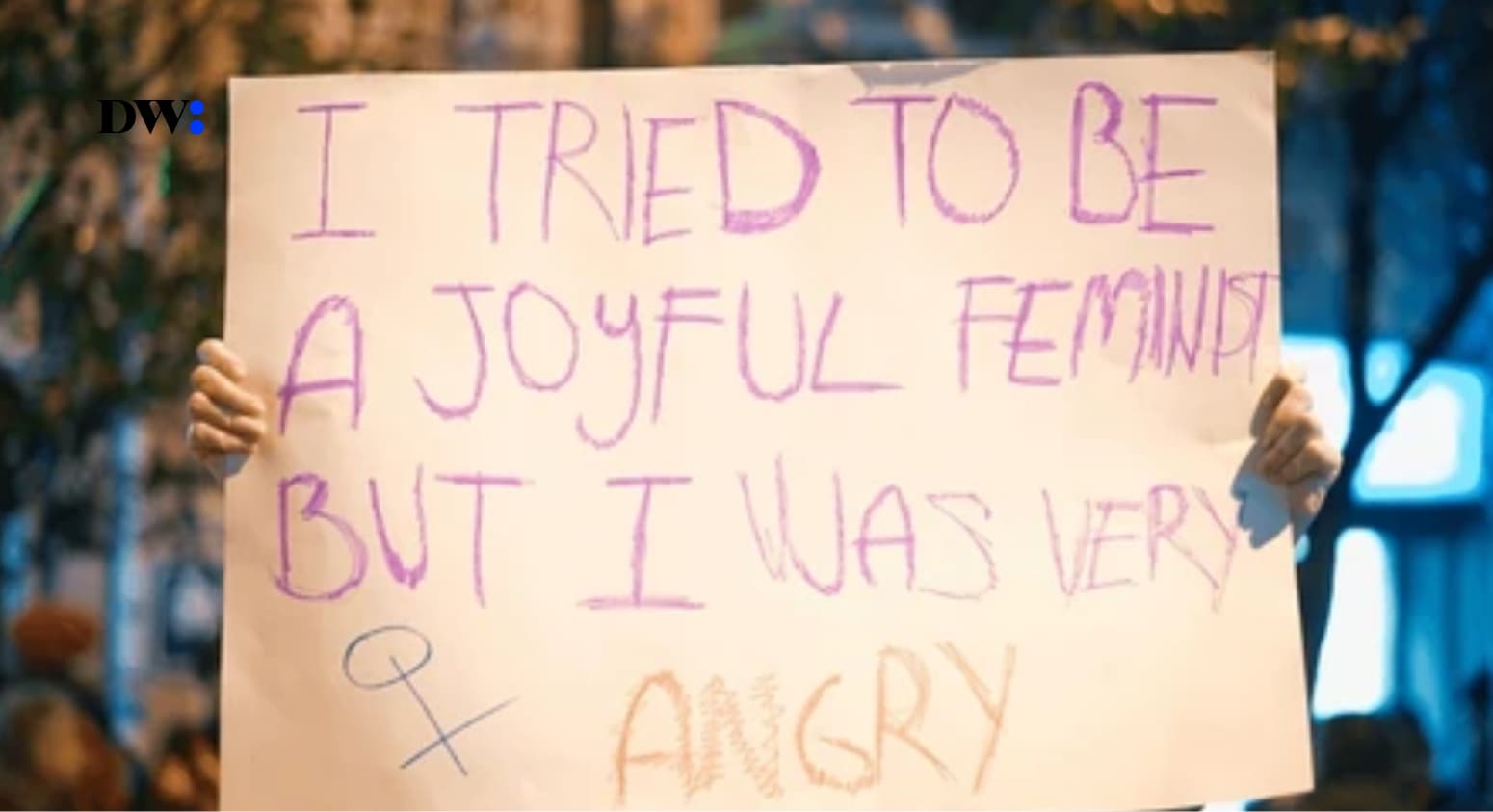In September 2020, I wrote about the then-recent story of Farishina, a 12-year-old girl who was raped by 11 men, one of whom was 57 years old. I discussed the crowdfunding – coordinated by Feyikemi Abudu and Jola Ayeye of I Said What I Said – used to sponsor her education, healthcare services and provide support to her family.
In the essay, I argued that social media – through which Abudu and Ayeye garnered over a million naira for Farishina – provides a platform for the voices of African women to be amplified in a way that our communities do not. But outside of social media, more and more African women are moving towards technology for this amplification – especially in an attempt to create solutions to contemporary problems. Sa’ada Aliyu, a 27-year-old Android developer from Kano, created the “Helpio” app to help girls like Farishina find help through partner organizations, heal and seek justice.

Aliyu told Document Women that she saw a need for her development because of the reality in many Arewa communities; survivors of sexual violence are stigmatized and ostracised. She began thinking about how to reduce the number of rape cases and help victims get the support and justice they need. “Sexual abuse is very rampant in the community because of lack of justice and stigmatization,” Aliyu said. “But I know a lot of organizations that are fighting for victims. They give them support – financially, legally and medically.” Hopeful about the number of non-governmental organizations she knows who are interested in fighting sexual violence, Aliyu created the Helpio app, a platform to bring survivors and organizations together, and facilitate the interaction and the eventual healing of the survivor.
At the moment, she told Document Women, there are a lot of cases being worked on by the organizations through the Helpio app. And to her, she would only consider her innovation truly successful when many survivors get the support they need – be it legal, financial, medical, or psychological; and if it helps reduce the rate of sexual violence in Nigeria.
Of course, there are challenges. Aliyu opened up to Document Women about struggling to get organizations from all 36 Nigerian states on board with her project. Many organizations with a similar vision of ending sexual violence are sceptical about partnering with new organizations, and getting them on board has been the most difficult part. Another challenge is the lack of access to the Helpio app. Because Helpio is an android innovation, it is inaccessible to people who don’t use Android devices and people who have no access to technology. Aliyu’s solution is to have a helpline, a phone number survivors can call and report their cases. From there, the Helpio team will help however they can.
A mobile app is one of many solutions but one that could go a long way in facilitating the healing of many survivors. The story of Farishina is still fresh in our memories, even now over a year ago; I can’t help but think, would the story have ended differently had the Helpio app and helpline been in existence then? While the innovation is futuristic, we have actually been in need of it for a long time.





